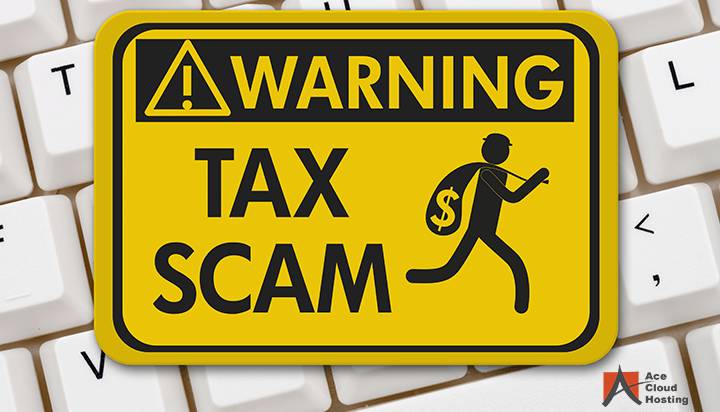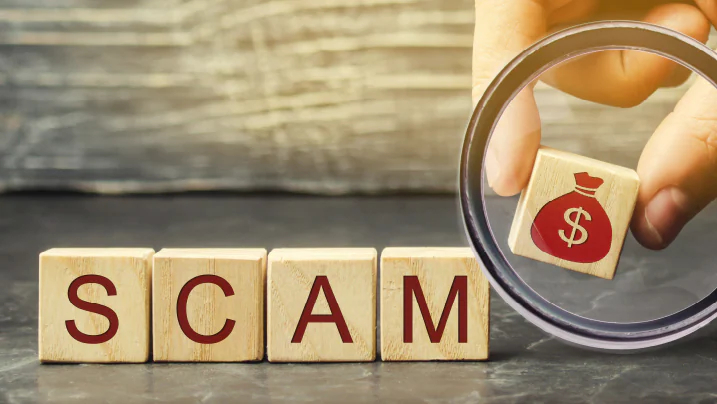Protect yourself from tax scams during tax season – a guide

Tax Scams and Fraud Prevention
October 6, 2023
What You Should Know About Non-Resident Indians’ (NRIs’) Tax Situation
October 26, 2023People frequently experience a mix of excitement and nervousness during tax season. Although the possibility of a return is enticing, this is also the time of year when tax fraudsters are most active, preying on gullible victims. These frauds put your private data at risk in addition to causing financial damages. In this blog, we’ll examine major tax scams and give you useful advice on how to avoid them, protecting your identity and finances.
Financial deception can be an expensive error and ranges from theft of identity to investment schemes. This time of year, when tax evasion also seems to be on the rise, it is particularly common. People are asked for sensitive information in an increasing number of calls, emails, texts, and letters. In reality, fraud increased by 70% in 2021 over 2020, costing an estimated $5.8 billion in lost revenue. Here are 10 helpful suggestions on how to safeguard your hard-earned money so that it is safe and secure.
1. Communication Check
Verification is essential when it comes to tax-related correspondence. Always use caution if you get emails, calls, or texts purporting to be from tax authorities or other professionals. The Internal Revenue Service (IRS) prefers to communicate via postal mail and won’t call or email you without your permission. It could be a warning sign if you get an unexpected message through these means. What you can do is:
Verify the Sender by looking up the caller’s or sender’s phone number. Email addresses used by scammers frequently resemble authentic ones but have minute variances.
Contact the Agency Directly: Get in touch with the tax agency directly using their listed phone number and email address if you have any concerns about the communication’s veracity.
Communication Check.
2. Utilise reputable and secure software
It’s crucial to pick tax preparation software from a dependable provider if you like to use it. To protect your data, reputable software companies make significant security investments. Here’s how to make sure your tax preparation software is safe:
Research the Software: Check out the software’s repute before downloading any tax preparation programmes. Visit the official website of the software vendor, read reviews, and look for recommendations from tax experts.
Regular Updates: Make sure your tax preparation software is current. Important security patches are frequently included in software updates, protecting you from new dangers.
Never download tax software from unreliable websites or click on links contained in emails. Rely only on reliable sources.
3. safeguarding personal information
Scammers have easy access to your Social Security number, bank account information, and other private information. Genuine tax experts will never request this information over the phone or by email. Here are some tips for protecting your personal data:
Respect for confidentiality: Recognise that only in-person meetings with dependable specialists or secure methods should sensitive information be communicated.
Encryption: Make sure the transmission is encrypted while sending sensitive information over the internet. In the address bar of your browser, look for the padlock icon.
4. Suspicious Activity Report
If you think you may have come across a tax scam, respond quickly:
Report to Authorities: Inform the relevant authorities of any suspicious emails, phone calls, or other encounters involving tax frauds. Reports of tax-related scams are accepted by both the IRS and the Federal Trade Commission (FTC). They use reporting to find and stop fraud.
5. Inform your family and friends.
Give your loved ones access to your expertise and protection:
Information Exchange: Inform your relatives and acquaintances about typical tax frauds and safeguards. Scammers frequently prey on gullible people who might not be knowledgeable about current scam techniques.
You can protect your financial and personal information during tax season and lessen your chance of being a victim of tax scams by adhering to these rules.




